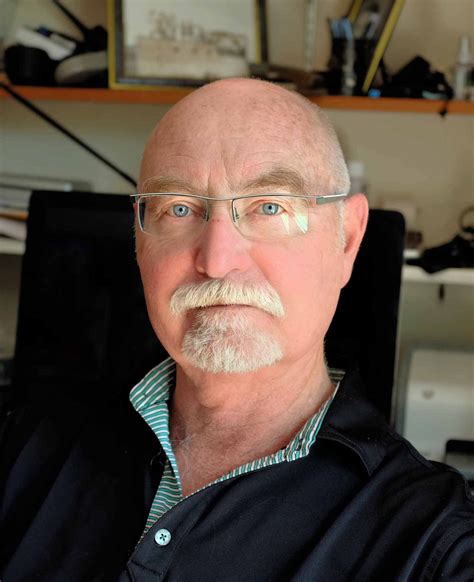A Quote by Garry Disher
I have no favourite genre or style but treat each novel with the same care, imagination and craftsmanship. It's as difficult to write a crime or a children's novel with a touch of style and grace as it is a literary novel.
Related Quotes
It seems to me that one of the things that happened with a lot of literary fiction in the 1980s and 1990s was that it became very concerned with the academy and less with how people live their lives. We got to a point where the crime novel stepped into the breach. It was also a time when the crime novel stopped being so metropolitan.
Madly, futilely, I wrote novel after novel, eight in all, that failed to find a publisher. I persisted because for me the novel was the supreme literary form: not just one among many, not a relic of the past, but the way we communicate to one another the subtlest truths about this business of living.
Madly, futilely, I wrote novel after novel, eight in all, that failed to find a publisher. I persisted because for me the novel was the supreme literary form - not just one among many, not a relic of the past, but the way we communicate to one another the subtlest truths about this business of living.


































